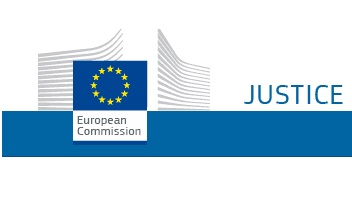Make the difference
Make the difference – working together for children in households with addiction issues
Make the difference – working together for children in households with addiction issues
Violence against children can take many forms. Besides physical and psychological violence directed at them, growing up in a household with addiction issues can lead to serious mental health problems. Past initiatives have mostly aimed at educating professionals and developing group offers for affected children; but without identifying the children in the first place, these actions cannot be effective. Therefore, structures ensuring early identification must be improved; this primarily concerns the cooperation of addiction care and youth welfare services. With an integral approach, Make the difference aims to prevent the endangerment of the welfare of children living in households with addiction issues by focusing on promoting binding cooperation agreements, as well as qualifying professionals and embedding (existing) fitting offers for the children.
The project will specifically answer the question of how to reach a binding cooperation agreement between addiction care and youth welfare services and how to actually live that cooperation by developing a structured guide that will be tested in 12 EU countries by both help systems to ensure practicability and feasibility. In all partner countries, a cooperation agreement will be prepared along the guide, signed and implemented within the course of the project. Professionals from both help systems will be qualified on issues concerning the target group and as a low-threshold offer a mentoring approach will be implemented to promote positive relationships to stable adults as a protective factor. The integral approach promotes early identification of affected children, calls for action of different help systems, promotes synergies and uses existing resources efficiently. Thus, capacities of both help systems are increased. This holds the opportunity of providing offers for the children at an early stage, responding to adverse childhood experiences and ultimately preventing them.
Children growing up in families where parental addiction is present are a vulnerable population. An earlier intervention of assistance and integrated treatment of this vulnerable population, in order to reduce unfavourable experiences during adulthood, requires unified and cohesive work between institutions that come into contact with the target population in their work. For Slovenia, such a connecting and collaborative role will be established and coordinated by the National Institute of Public Health (NIJZ), initially at the local level and then by implementation at the national level.
We will present the mentoring approach of working with children from families with addiction to students of psychology and pedagogy of the University of Maribor. We will select and selection of volunteers for a mentoring approach, educate them and coordinate their work with them. We will prepare and provide training for professionals who come into contact with families where addiction is present in their work. The training will be aimed at empowering professionals for early identification of the children for whom the programme is intended and for referral to the mentoring programme titled I and you, WE’. We will coordinate the work of professional workers and volunteers and offer them mentoring. We will attend the final conference of the project. We will work on the promotion and visibility of the project in order to include children in the mentoring programme.
Project Duration: 1 May 2021–31 October 2023
Supporting Organisation: Westfalia-Lippe Regional Association, Germany
Project Partner: National Institute of Public Health (NIJZ)
Funding: DG Justice
